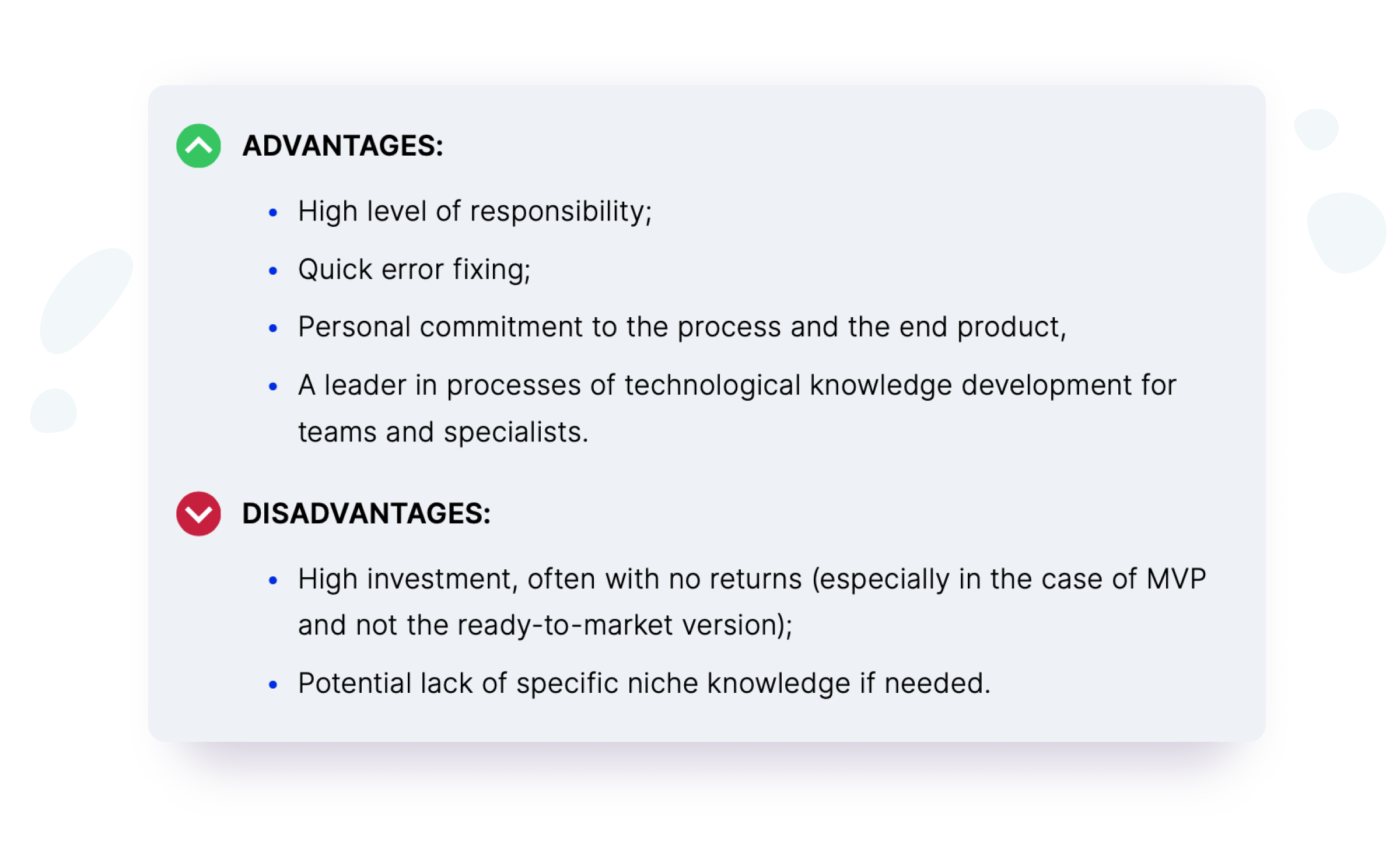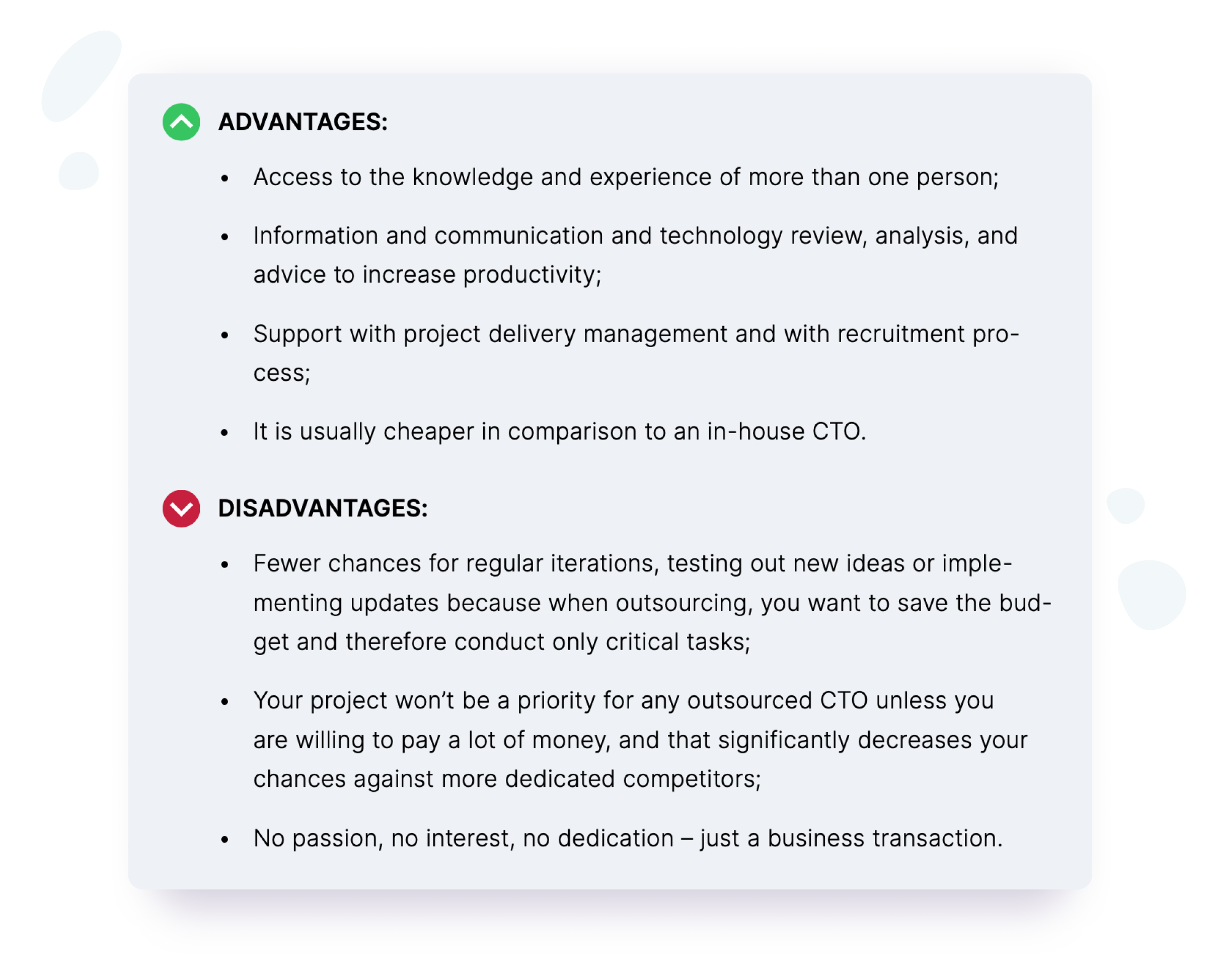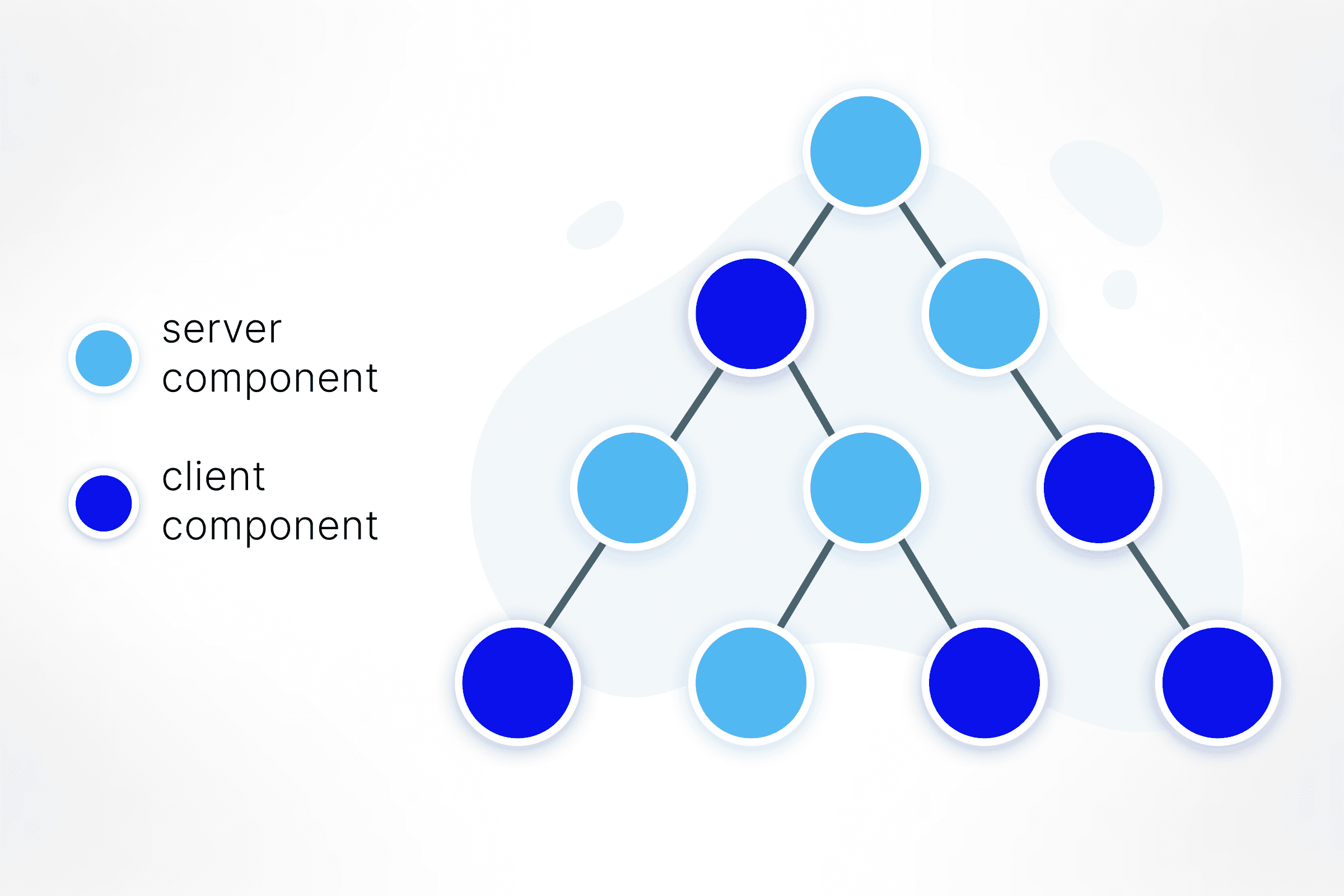
In this blog post, I will explore the responsibilities and significance of a Chief Technology Officer (CTO) role in startups and scaleups and the factors that should be taken into account when deciding between employing an in-house CTO or opting for the services of an external consultant (CTO as a Service ).
Let's begin with a fundamental question: What is the role of a CTO and what does their operational environment encompass?
My focus will center on two primary contexts: startups during their initial financing and development phase, and established organizations during the scaling phase. While I acknowledge the existence of other possibilities, the purpose of this post is to offer insights rather than provide an exhaustive list of technological roles. Furthermore, I assume that the distinction between CTOs and Tech-Leads is less significant at this stage, as these roles often interchange and the nomenclature arises more from chance than deliberate decision-making.
The most important qualities of a good CTO
A Chief Technology Officer (CTO) is a highly skilled professional who assumes overall responsibility for the technological aspects of your startup. They bring extensive experience and expertise in understanding the inner workings of your solution and delivering value to end-users. However, it is essential to consider additional dimensions of this role.
CTOs come from diverse backgrounds, often having held positions as software developers, tech leads, DevOps specialists, project managers, or even academic personnel. Within your startup, their responsibilities may encompass technological leadership, research and innovation, business and technology development, product development, and the recruitment of key technical specialists.
Given the wide range of competencies required, finding the right person for the job can be challenging. During the MVP stage, when numerous pressing issues demand attention, the decision to hire a CTO can be overlooked. However, as your startup progresses beyond the MVP stage, effective technological management becomes crucial, especially when addressing any technical debt accumulated during the initial product phase.
What are the most important qualities of a good CTO?
A leader in technology
The CTO plays a critical role in making architectural decisions, ensuring infrastructure scalability, and selecting the most effective tools to achieve both client and company objectives. They may also have greater control over the implementation of tech solutions.
Research & development for innovative solutions
The CTO holds a unique position in driving innovation by defining key directions for technological advancements. They inspire and motivate teams to think creatively, fostering an environment that encourages innovative ideas and thinking outside the box.
Hiring Talent
Finding qualified candidates in the IT industry can be increasingly challenging. Involving the CTO in the recruitment process for development teams can enhance efficiency and satisfaction for both parties, as they possess the technical expertise to identify suitable candidates.
Product & development
As the representative of the tech team, the CTO must effectively demonstrate how innovation and technology align with customer needs. Collaborating closely with the Chief Product Owner, the CTO ensures the creation of tech-enabled products that meet market demands.
Business & technology enabler
Working closely with both the in-house tech team and clients, the CTO serves as a bridge between business requirements and technical execution. Their deep understanding of both domains allows them to effectively translate business needs into a comprehensive technical plan.
Having identified the key qualities of a competent CTO in a startup, let us now shift our attention towards examining the benefits and drawbacks of employing an in-house candidate versus opting for the expertise of an external specialist.
Pros and cons of in-house CTO
The in-house solution for a CTO has its own advantages and disadvantages. On the positive side, having an in-house CTO provides proximity and familiarity with the organization, but it can be costly. It is particularly beneficial for complex projects involving big data, AI, or large data volumes, whereas it may not be cost-effective for less advanced applications.
An in-house CTO holds a crucial role within the organization as they possess extensive knowledge of internal processes, strategies, and the target market for product development. This internal perspective fosters a sense of organization, motivation, and deep involvement among team members. Furthermore, this model offers the advantages of high flexibility, simplified organization of agile workflows, and reduced response times for quick issue resolution.

#### Pros and cons of CTO as a Service
CTO as a service provides several advantages and disadvantages. The outsourced CTO is responsible for managing your company's technologies, engineers, IT support, and tech partners, ensuring proper diligence operations. They can work on a part-time, full-time (for a specific project or the entire company), or hourly basis, offering flexibility in decision-making. CTO outsourcing services are particularly beneficial for medium and small companies that don't require a permanent CTO but still need temporary leadership and technical supervision during specific software development cycles or for developer teams. Additionally, CTO as a Service is generally more cost-effective than hiring a full-time expert.

Naturally, the process of hiring a competent CTO poses its own set of challenges, and this blog post may not provide a definitive answer regarding the ideal CTO fit for your business. However, it can certainly help you evaluate the stage of your journey and identify experts best equipped to assist you in progressing further. Several crucial considerations need to be made when determining the type of CTO you require and the necessary skill set:
-
01.
Business partner or technical manager: Do you need a business partner with technological expertise to scale the business, or someone solely focused on managing the technical aspects without involvement in other areas of company development?
-
02.
Development stage: Is your business in the early stages, requiring process organization and alignment of business goals with technology? Or are you post-MVP, seeking someone to plan and lead further technological development while building a reliable team?
-
03.
Future goals: If you plan to outsource part or all of your technological team in the future, an in-house CTO would be advantageous. However, if you already have a skilled team and only require part-time technical leadership, CTO as a Service may be sufficient.
-
04.
Budget: Consider the financial resources you are willing to allocate to the CTO position.
Once you have determined the ideal solution for your organization, you can begin searching for suitable candidates or outsourcing services.
Summary
In this blog post, we explore the role of a Chief Technology Officer (CTO) in startups and scaleups and discuss the decision between hiring an in-house CTO or using a CTO as a Service. A good CTO possesses leadership in technology, drives innovation, helps in hiring talent, oversees product development, and acts as a bridge between business and technology.
Having an in-house CTO offers proximity and familiarity but can be costly, while CTO as a Service provides flexibility and cost-effectiveness for smaller companies. Factors to consider include whether a business partner or technical manager is needed, the development stage of the business, future goals, and budget.
Ultimately, finding the right fit for your organization requires careful consideration. Once you determine the ideal solution, you can start searching for suitable candidates or outsourcing services.
If you found this article interesting, we invite you to explore our ebook tailored for CEOs, founders, and product managers. It offers invaluable insights into the product development process, providing you with valuable knowledge and expertise.


